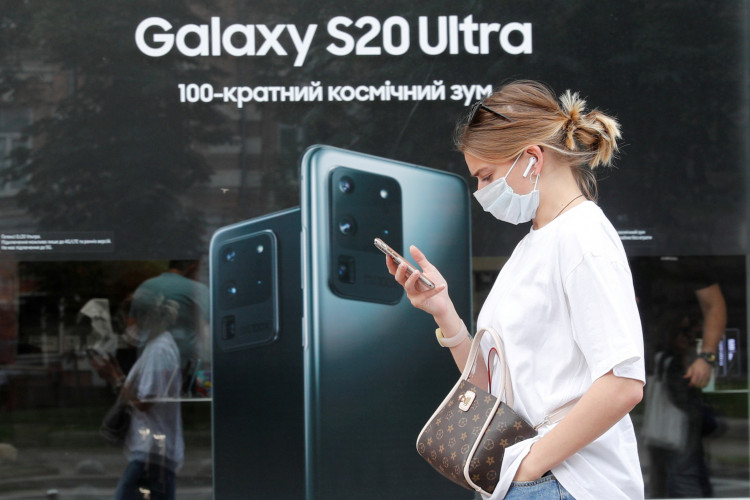Timed with the official introduction of the Galaxy Note 20 series, Samsung also delivered a piece of good news to Galaxy phone users. Starting with the Galaxy S10, major Android updates will be deployed to Samsung's flagship handsets for at least three release cycles, and some midrange models will be getting the same treatment.
The decision will see top Galaxy phones getting new Android versions over the next three years as the minimum assurance coming from Samsung. It can be assumed that the new policy will be first seen with the latest offering of the South Korean tech titan, meaning the Galaxy Note 20 and the Galaxy S20 families will be bumped up to Android 13.
The devices belonging to the flagship series all jumped out of the box rocking Android 10.
The official word from Samsung stated that the new update protocol will be applied to all top Galaxy phones issued in the market since 2018, thus making the Galaxy S10 eligible.
Yet according to 9to5Google, it's unclear yet if the revised update model from Samsung will be extended as well to the tablet versions of the Galaxy brand. It's safe to assume though that since the new Galaxy S7 tablet series is being touted as the nearest rivals to Apple's iPad, then at least these high-end Android slates will be included in the plan.
It should be noted that the latest commitment from Samsung is a welcome step up from the existing practice of upgrading all flagship Galaxy devices to just two Android versions. However, the Korean company is still playing catch up if the intention is to bridge the gap between Galaxy and iOS devices.
Apple delivers iOS updates for up to five years on supported devices and as a testament to the U.S. company's longer firmware commitment to devices it sold, the soon-to-deploy, iOS 14 can be installed officially on the iPhone 6S that first hit the market in late 2015.
As mentioned, the new update policy will also boost the chance of midrange Samsung phones having a taste of new Android OS for a longer time. The Verge, however, clarified that Samsung's more affordable phones will not automatically get enlisted to the program.
For the mid-range handsets to qualify, they will need to meet the hardware requirements that Google will set on upcoming Android version releases. The bestselling Galaxy A71 and A51 models, for instance, might be lined up for the promised three-year update guarantee, but these phones having the same OS upgrades as the S and Note series will greatly hinge on how the upcoming Android cycles would be demanding, hardware-wise.
If anything, users of the top-notch A-series models can be assured of having access to Samsung's original guarantee of two major Android updates, which should translate to firmware jumps ending in Android 12.






